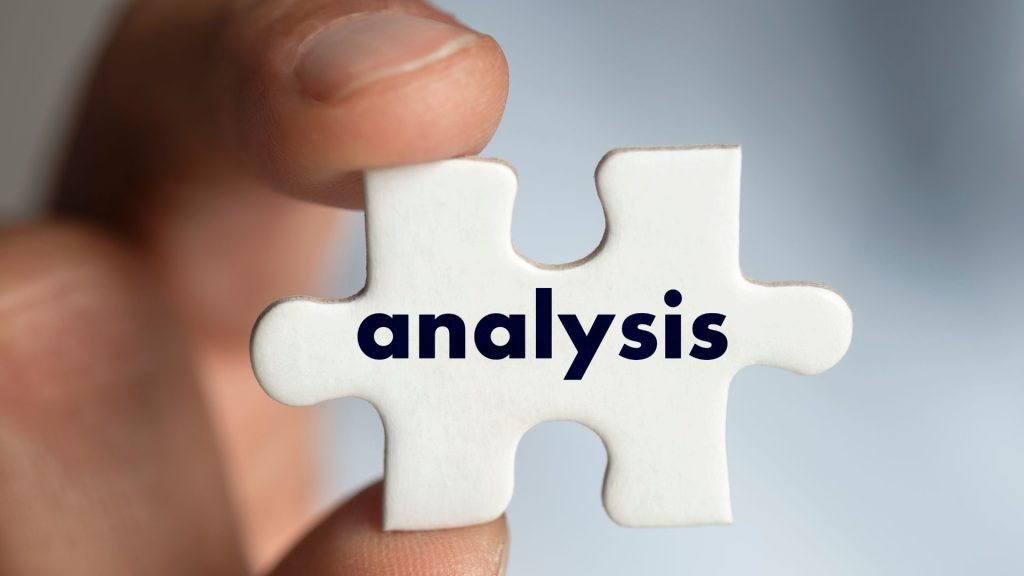Understanding FATF’s Latest Analysis offer valuable insights into the evolving landscape of decentralized finance (DeFi) and highlight key areas of concern that require attention from regulators and industry participants alike.
The Financial Action Task Force (FATF), an intergovernmental organization focused on combating money laundering and terrorist financing, has provided important insights into the market developments and emerging risks within the DeFi space. The assessments conducted by FATF member countries and open source reports have shed light on several key areas of concern.

Understanding FATF’s Latest Analysis: Market Developments and Emerging Risks in DeFi
- Diverse Nature of NFTs: Non-Fungible Tokens (NFTs) are taking various forms and applications, ranging from artwork to representations of ownership of physical assets. For instance, NFTs are being used as collateral for borrowing and lending, even enabling property sales. This diversity poses challenges in differentiating between NFTs as virtual assets (VAs) or other assets, as well as identifying high-risk NFTs.
- Nascent Regulation and Supervision: The regulation and supervision of NFTs are still in their early stages or non-existent in many jurisdictions. This makes it difficult to ascertain the activities conducted using NFTs, adding to the regulatory complexities surrounding their use.
- AML/CFT Obligations: FATF’s standards can apply to individuals or entities that maintain control or sufficient influence over DeFi arrangements or protocols offering VASP or Virtual Asset Service Provider, services. Despite the public branding of projects as “DeFi,” it is often observed that there are still centralized aspects and individuals subject to anti-money laundering and counter-terrorist financing (AML/CFT) obligations. Jurisdictions face challenges in determining which DeFi entities should be regulated and enforcing FATF’s Travel Rule and other regulations, especially when transactions move to non-compliant territories.

- Notable DeFi Market Changes: Over the past year, the DeFi market has witnessed significant developments. One notable change is the increasing use of stablecoins within DeFi protocols, facilitating trading and serving as collateral. Additionally, the rise of cross-chain bridges has the potential to impact the relevance and significance of various DeFi platforms.
- FATF’s Efforts: FATF has responded to these emerging risks and market developments by issuing guidance for VASPs, including exchanges and other crypto-related businesses, to ensure compliance with AML/CFT regulations. Furthermore, FATF has provided guidance on the Travel Rule, which requires VASPs to share customer information with other VASPs during cryptocurrency transactions. FATF emphasizes the need for global cooperation to combat money laundering and terrorist financing in the cryptocurrency space, urging countries to implement its guidance and foster a coordinated regulatory approach.
Final Thoughts
FATF’s updates highlight the evolving landscape of DeFi, the challenges surrounding NFTs, the importance of regulating VASPs, and the significance of global cooperation in addressing money laundering and terrorist financing risks.








